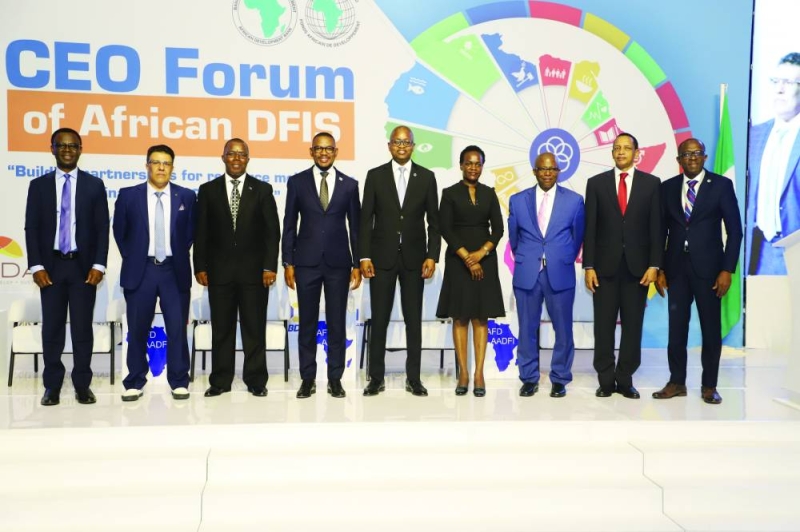DFIs pivotal to meeting fiscal gaps
Pauline Dikuelo | Tuesday November 29, 2022 06:00


Speaking at the 2022 Association of African Development and Finance Institutions (AADFI) CEO’s forum, Gare said with the increasingly limited resources from governments, DFIs are now expected to mobilise resources to meet the fiscal gaps and continue to meet their developmental mandates across the various affected sectors of their economies.
“It will therefore be imperative that DFIs, which are already threatened by shifts in demographics, societal needs, economic and market conditions as well as political, legal, and regulatory regimes, reposition themselves to raise the necessary resources to assist governments,” he said. Gare said the DFIs were set up to address prevailing market failures and to reach underserved segments.
He said due to the associated burden of assisting SMMEs which includes a lack of collateral, the cost of administering and monitoring loans and substantial default rates; DFIs have been instituted to close the gap and finance this important sector of the economy.
Furthermore, Gare pointed out that there is evidence that DFIs have an important role to play in the development of the economies adding that DFIs are generally expected to meet broader developmental policy objectives including employment creation, income distribution, import substitution, and developing new industrial sectors or boosting weak ones. “It is clear that the role of DFIs in developing countries has gone beyond addressing market failures to, more broadly, addressing developmental failures,” he said.
On his part, AADFI chair and CEO of Citizen Entrepreneurial Development Agency (CEDA), Thabo Thamane said this year’s CEO Forum of African DFIs provides a unique opportunity to help rethink the approach to resource mobilisation that will increase the capacity of African national DFIs in promoting the 2030 Agenda in Africa. “Achieving the SDGs will require genuine collaboration with global partners and key stakeholders.
Thus, our gathering today defines a new course in engaging and contributing to innovative ideas that will chart a sustainable path for African DFIs in mobilising genuine resources for our countries’ development,” he said. CEDA in collaboration with the Bank of Industry hosted the 2022 AADFI CEO’s forum. The forum had participants from AADFI, CEOs, and high-ranking officials from member institutions.
The conference aims to develop closer working relationships among DFIs in Africa, Latin America, Asia, and the Pacific, share and learn best practices in development financing operations, and develop networks for cross-border financing and investment promotion by DFIs in the respective continents.
